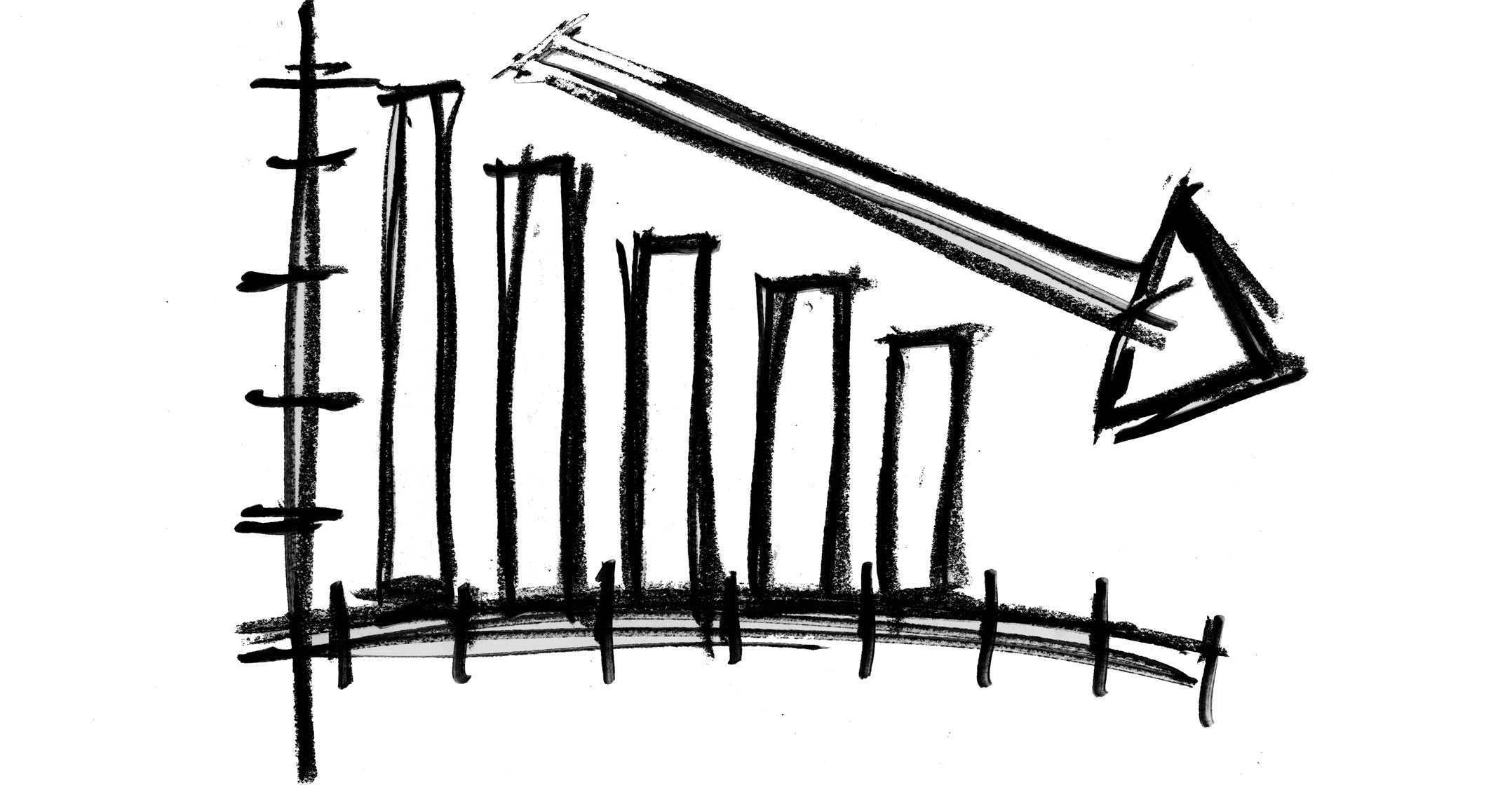
[dropcap]I[/dropcap]t has been clear for some time that all is not well with the South African consumer. Or, indeed, the economy. Government spending has all but frozen and consumer spending is not going to paper over the cracks. Practically every recent data point has been negative, but these are generally backward looking. Those that aren’t — like confidence indicators — are even more dire.
Over the past few weeks (over weekends and driving in between meetings), I’ve paid a little more attention to what’s actually happening in shopping centres (big and small), restaurants and in dinner conversations. One might argue that there’s an element of confirmation bias here — because I’m looking for these kinds of things, I’m noticing more of them — but I’m not so sure…
Let’s be blunt: right now there is no confidence among consumers or, more worryingly, businesses. Spectacular own goals like the temporarily halted Mining Charter have ensured that foreigners eager to invest in our mining sector look elsewhere. Someone in the know at one of the largest investment banks in the country told me that a handful of deals already lined up in the sector evaporated in under a week after the charter’s “unveiling”.
Disposable incomes have contracted (in some cases, disappeared altogether) and this is unlike the uncertainty of 2007 and 2008. Back then, we simply didn’t know if the world was going to end. This is different. It feels like we’ve gone sleepwalking into this recession.
Emptier (and almost entirely empty) flights caught me by surprise earlier this year. At first, I put it down to seasonality or the impact of FlySafair entering the market. But after a few months, the trend on different airlines on different routes at different times was obvious. Corporate travel is faltering. Holidays are being downscaled (ask your friends) or outright cancelled. Friends of mine won’t spend a few weeks in Mauritius in December this year (as they do annually). Instead, they’ll holiday at the coast in KwaZulu-Natal.
Glut
I’ve written extensively about the glut of retail space in the country. Take a walk through some of the newer shopping malls in Johannesburg (those built in the last two or three years) and you’ll see exactly what I mean. The one I visited this Saturday must have a vacancy rate of upwards of 10%. Practically every second (independent) line shop has failed, leaving only the major (mostly apparel) chains who have been on one long, blurred, perpetual sale since before Christmas.
And even these national operators are trimming their store numbers. We’ve all read about Edcon’s cuts and Stuttafords’ failure, but I’d argue both of these were structural in nature, not cyclical. Right now we’re about to see cyclical closures and reductions in space. Jobs will be cut.

Some restaurants and fast food outlets in these (and other) malls are teetering, with noticeably more closures of late. In fact, I’ve counted more than two dozen failed restaurants in northern Johannesburg over the past few weeks. Some of these were profitable and on the market, but there aren’t too many buyers around. Most, however, were clearly not. These premises are simply standing empty. Those that are still trading are noticeably quieter … in Gauteng, the Cape and around Durban, too. Jobs have been lost.
And it’s not just indies. Franchise owners are under as much (and possibly more) pressure. Traditional “goldmine” franchises litter business broker websites, the first time I’ve noticed this. Five, 10 or 15 years ago, you wouldn’t have been able to buy some of these outlets at any price. Other, independent, operations that have been on the market for some time are now listed at half the price they were just six months ago.
Perhaps the scariest piece of news of late has been the announcement by the JSE that up to 60 people (14% of headcount) will be retrenched over the rest of the year. These are not factory workers or miners (not to demean blue-collar employees). These are highly-skilled information workers. This surely means that similar job cuts in other professional services sectors are a given and while these skills are (relatively) scarce, there can’t be too many big companies hiring at any great pace currently. Worse still, this (surprisingly robust) part of our economy has helped us eke out the little growth we have managed in recent years.
Borderline car dealerships are being shut and “consolidated” into larger ones as new vehicle sales struggle to find a bottom. Of course, the divestment of General Motors from the country has accelerated this somewhat. Add to this a residential property market that’s gone backwards (after inflation) since the peak in 2007. In some Johannesburg suburbs, there are so many “show day” signs on Sundays that there’s practically no space left on pavements.
On their own, none of these things is healthy. Add them together and the result is terrifying. And it’s worse in small-town South Africa.
- Hilton Tarrant works at immedia
- This column was first published on Moneyweb and is used here with permission

